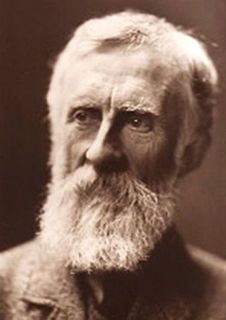A Quote by Edmund Spenser
What man that sees the ever-whirling wheel
Of Change, the which all mortal things doth sway.
Related Quotes
The photographer sees the world as a child sees the bits of glass in a kaleidoscope. If he has a camera with which he can secure these ever-changing combinations, he is then able to look on them again and again, and he has the further pleasure of pleasing others with the sight of things which he, with perhaps unusual opportunities, was able to see, which his friends would otherwise not ever be able to.
My thoughts hold mortal strife, I do detest my life, And with lamenting cries, Peace to my soul to bring, Oft calls that prince which here doth monarchize; But he, grim-grinning king, Who caitiffs scorns and doth the blest surprise, Late having deck'd with beauty's rose his tomb, Disdains to crop a weed, and will not come.
The sun hides not the ocean, which is the dark side of this earth, and which is two thirds of this earth. So, therefore, that mortal man who hath more of joy than sorrow in him, that mortal man cannot be true-- not true, or undeveloped. With books the same. The truest of all men was the Man of Sorrows, and the truest of all books is Solomon’s, and Ecclesiastes is the fine hammered steel of woe.
The things of the world are ever rising and falling, and in perpetual change; and this change must be according to the will of God, as He has bestowed upon man neither the wisdom nor the power to enable him to check it. The great lesson in these things is, that man must strengthen himself doubly at such times to fulfill his duty and to do what is right, and must seek his happiness and inward peace from objects which cannot be taken away from him.
Man doth seek a triple perfection: first a sensual, consisting in those things which very life itself requireth either as necessary supplements, or as beauties and ornaments thereof; then an intellectual, consisting in those things which none underneath man is either capable of or acquainted with; lastly a spiritual and divine, consisting in those things whereunto we tend by supernatural means here, but cannot here attain unto them.




































